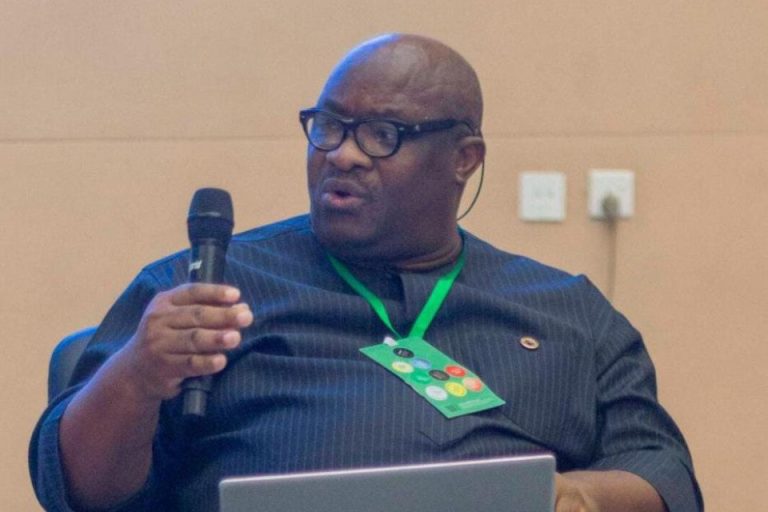In spite of the ample time Nigeria had to prepare for the June 17, 2015 switchover date from analogue to digital television transmission, Nigeria, Africa’s richest country, is unable to meet the deadline.
Director-General of the National Broadcasting Commission (NBC), Mr. Emeka Mba announced on May 13, 2015 that the NBC was extending that date by 18 months. This in effect extends Nigeria’s switchover date to December 2016.
Justifying the extension, Mr. Mba explained that three years into the process of digitisation with zero allocation and myriads of challenges before the Commission such as aggregate content development, distribution and production and availability of set top boxes, the June 17 deadline was no longer certain.
He pointed out that it took the United Kingdom a number of attempts that spanned about 14 years and gulped nearly £6.4 billion to digitise broadcasting. He however said that Nigeria need not take that much time if efficiently managed and with appropriate funding.
The Commission’s DG said the Nigerian television industry is in the middle of a dramatic transformation and that digitisation cannot be forced adding that if forced “to automatically switchover to digital broadcasting by June 17, the country will not only create signal interference challenge for neighbouring countries, but will also cut off access to television contents to over 80 percent of Nigerians, and we are not prepared to create such challenge for Nigerians.” He added that such will automatically kill the content market, as well as the advertising industry in the country.
Mba said Nigeria has attained up to 20 percent digital penetration through the services offered by digital pay TV stations, added that NBC would continue to develop an ecosystem that would help Nigeria achieve digital migration in the near future.
He said the inability to meet the deadline is not peculiar to Nigeria, adding that ECOWAS based contingency plans were set up to deal with the challenges that may arise.
He said the Commission has already licensed two signal distribution companies and in the process of licensing the third adding that 11 companies have been commissioned to locally manufacture Set Top Boxes that would enhance easy conversion and reception of digital signals.
He also revealed that other categories of licences are being planned for auction, in preparation for the digital switchover and these include free view terrestrial television licence, subscription based television licence, pay TV content services licence, and signal distribution licence at national and regional levels, among others.
He disclosed that the Commission and some government delegates would be meeting with representatives of the ITU later in the month to ask for a possible shift in date, since the June 17 deadline was no longer feasible.
The journey to digital terrestrial television broadcasting (DTT) began in Nigeria on June 17, 2006. In preparation for this, the federal government in 2007 approved the process of migration, and through the NBC, set an ambitious earlier deadline of January 1, 2015 as its switch off date.
A Presidential Advisory Committee (PAC) on transition from analogue to digital broadcasting, was inaugurated in 2008 with the mandated to come up with a recommended policy, regulatory framework and a broadcasting model for the process. In 2009, the committee submitted its report with several recommendations.
Apparently, the committee’s recommendations were not accepted and if accepted, were not implemented.
By June 17, all analogue transmissions would lose the protection by the ITU, which may result in multiple interferences in transmissions across neighbouring countries.




